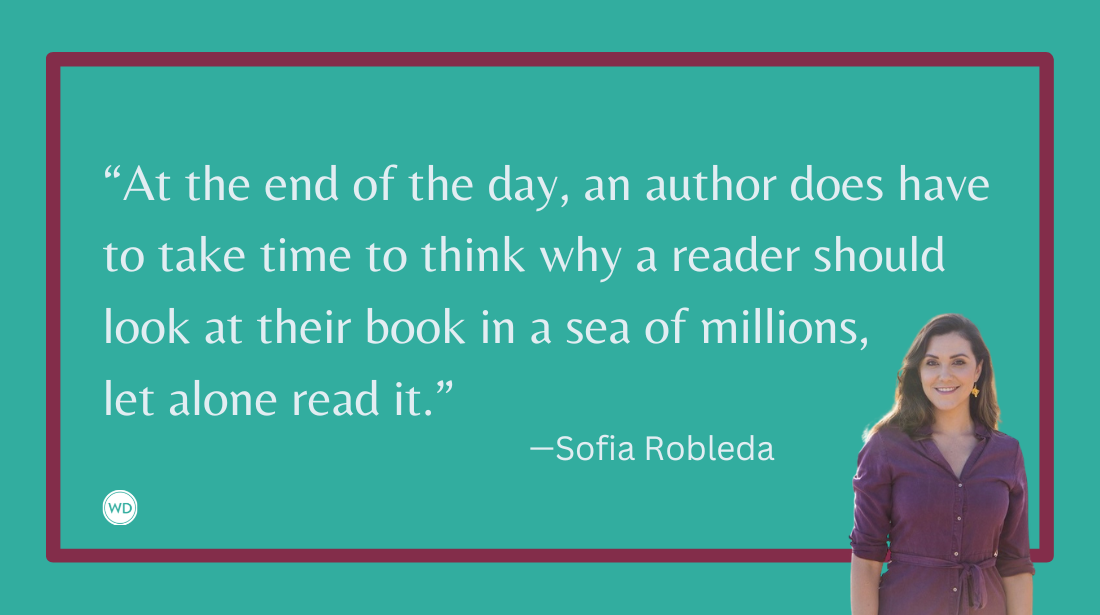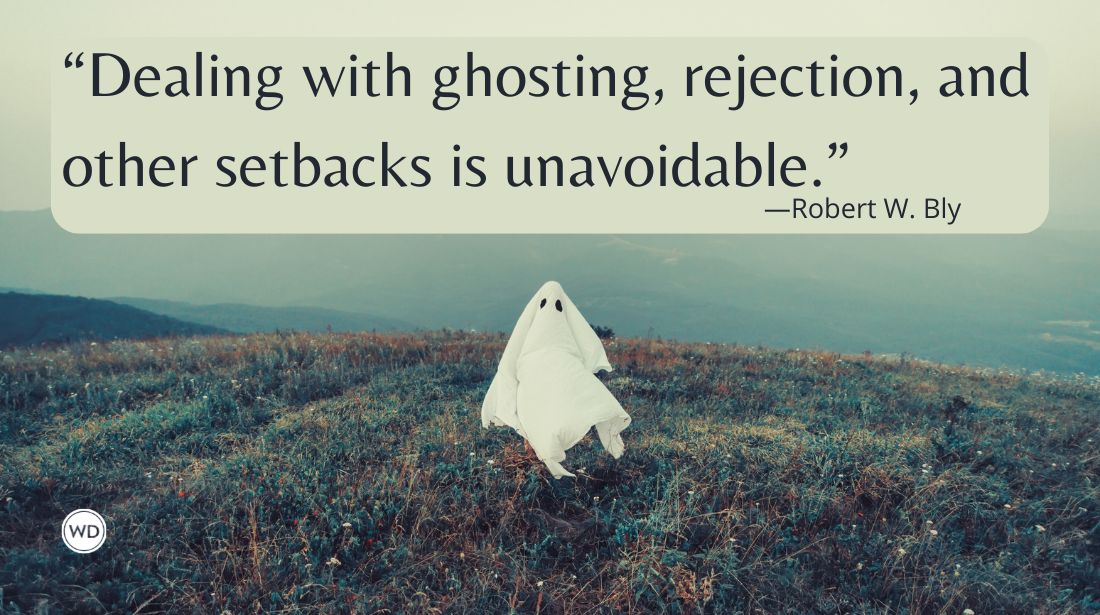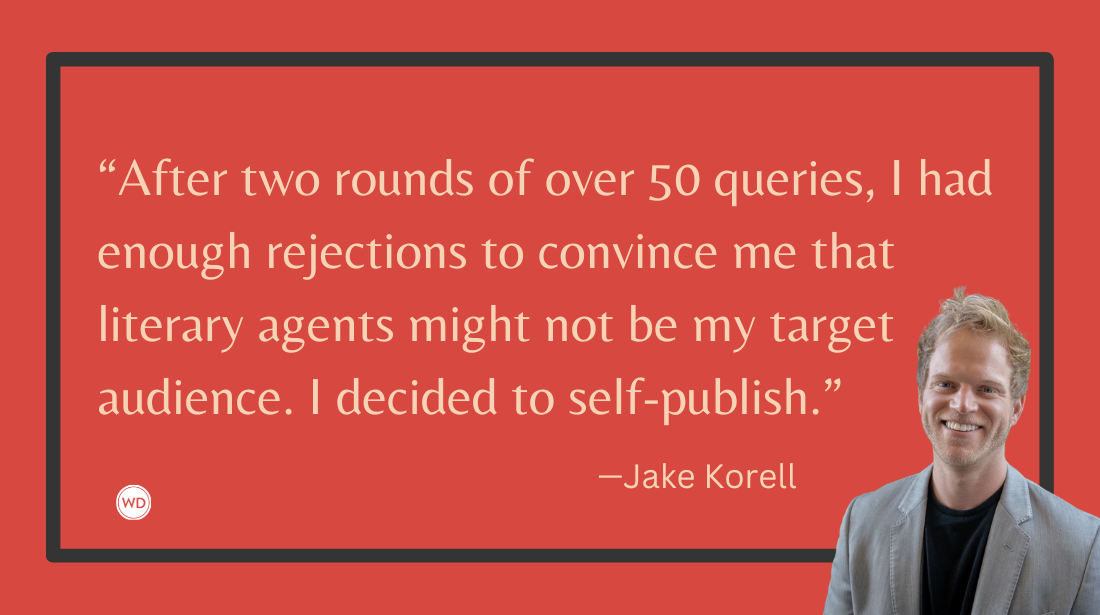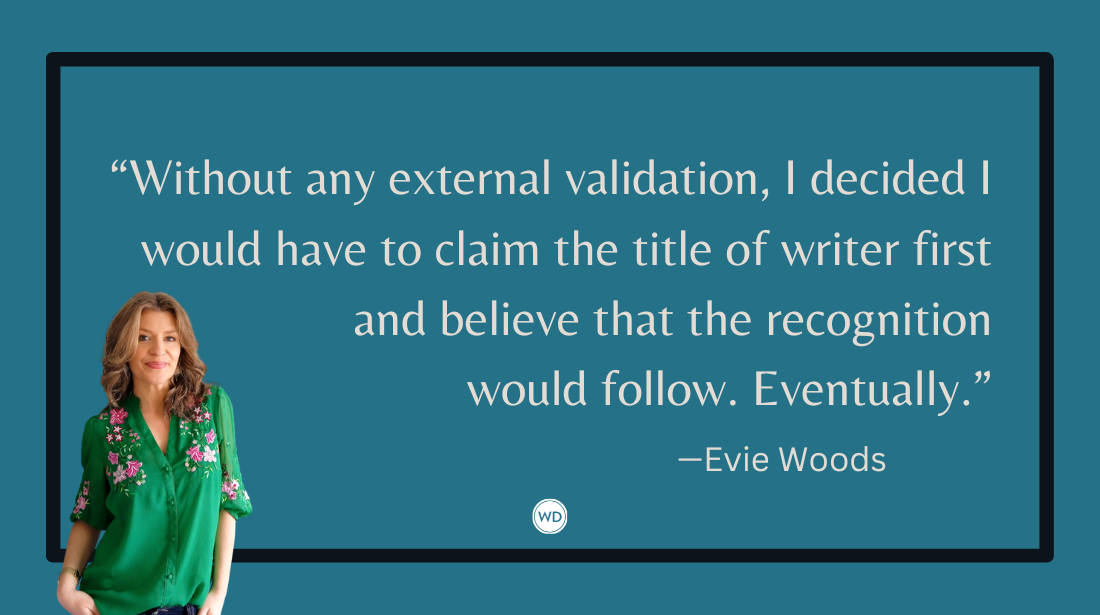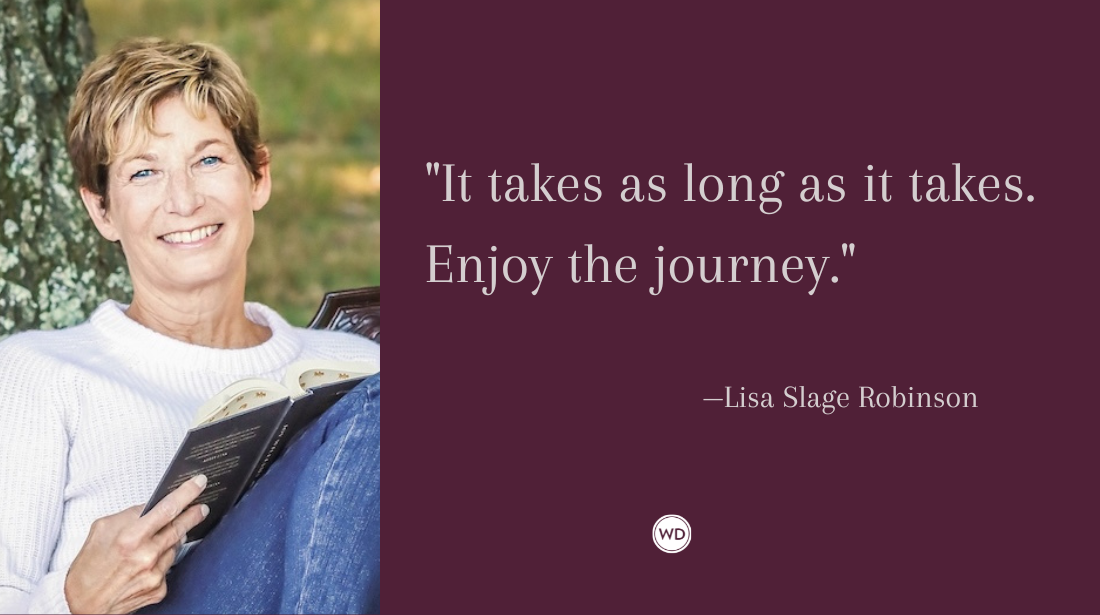Who Is Your Target Audience? Use This Simple Trick to Figure Out If They Actually Exist
A major conundrum that trips up many new writers is defining your target audience before you have any actual readers. Dana Sitar explains how to identify them.
Do you know who you’re writing for? Like, truly, actually who your readers are — and why they are (or should be) reading your stuff?
It’s easy to fall into the habit of writing what you love or writing to impress your peers or your editor. That might make for good writing… but it won’t necessarily attract readers. To do that, you have to write for, well, readers.
Someone has probably told you at some point in your writing journey to think about your “target audience.” So you went through the exercise: stated their gender, age, location, occupation, income bracket and relationship to your subject. You imagined them in a bookstore, picking up your book, loving it and demanding a sequel. You wrote pages about why they’d love your work more than your competition’s. You were ready to write a book they’d love and convince a publisher exactly why they’d love it.
But have you met these people? How do you know they’ll love your book? How do you know they… exist?
Defining Your Target Audience
A major conundrum that trips up many green writers — I’m including my younger self — is defining your target audience before you have any actual readers.
You decide what you want to write: a food blog, cozy mysteries, self-help ebooks. Then you do the target audience exercise to define a hypothetical person who will love them. You even give them a hypothetical name and pull a stock photo to give them a hypothetical face. But you can’t sell books to hypothetical readers.
So you’re stuck with the task of figuring out who your audience is before you actually build it — because, to build your audience, you need to know who you’re targeting. How’s that for an annoying Catch-22?
Here’s what I do to wriggle out from between this rock and a hard place: As you define your target audience, try to name five people who fit the bill.
Who do you know who is a mid-40s woman who lives in the suburbs, works in middle-management for about the median income and enjoys mass-market romance novels? Once you have some names in mind, dig deeper.
When is the last time you saw them reading a romance novel? Do you know why they picked it up? How do you imagine them reacting to that racy scene you wrote in chapter 13? If you described your book to them, would they understand it? Would they want to read it?
Going Beyond Demographics
Wisely, novelist Kim Wright suggests going beyond the general checklist of demographics and describing your target audience anecdotally. Think about your history with the reader, how — specifically — your story or ideas will resonate in their life, what they’re looking for that you uniquely offer as a writer.
Don’t forget: You have to answer these questions for real people. That’s what makes this simple trick effective.
First, if you can’t name real people you know (or know of), you have to face the possibility that your hypothetical target audience doesn’t exist. That’s tough, but better to figure it out before you start writing and pitching than after years of work and reams of rejections.
Second, when you force yourself to imagine real people reading your work and ask specific questions about how they’ll react, you can’t just zhuzh up your answers to align with what you’re committed to writing. If your 43-year-old co-worker Amy reads sweet romance on her lunch break but balks at the mention of explicit sexuality, you’ll find it tough to convince yourself she’ll keep reading after chapter 13. If you’re writing for Amy, keep it clean. If you’re set on getting steamy, can you name a more fitting reader? If not… see above.
Finally, naming real people gives you the option to run your idea by your actual target audience, even if you haven’t built a base of readers for yourself yet. Jot down how you’d imagine Amy reacting to your story, sure. But then, if you’re comfortable, run the idea by her to test your intuition. If you didn’t predict her reaction well, try some market research, and revise your story idea accordingly.
So? Do you know who you’re writing for?
*****
You're an author on a tight budget. Or, maybe you've got some money, but you're tired of wasting it on marketing that didn't work. You've poured everything into writing your book hoping to move thousands of readers with your words. You've dreamed, hoped, maybe even prayed, that your book sales would take off. But, that reality has yet to come true. It doesn't seem fair for your dream to die just because you don't have thousands of dollars to spend on marketing. Is selling a lot of books only reserved for the elite authors with big budgets? No.
Dana Sitar has been writing and editing for online audiences and digital media since 2011. She’s an editor at The Penny Hoarder, a columnist for Inc. and a freelancer with bylines including Slate, the New York Times and HuffPost. Her free mini ebook, “How to Write Anything (Well)” gives you the tools you need to understand who your readers (really) are and what it takes to write something that makes sense to them — so, ultimately, you can share your message or story with the people who need it.





